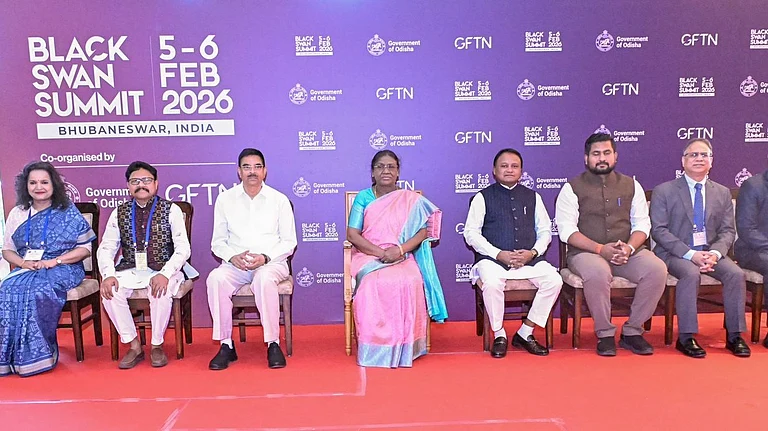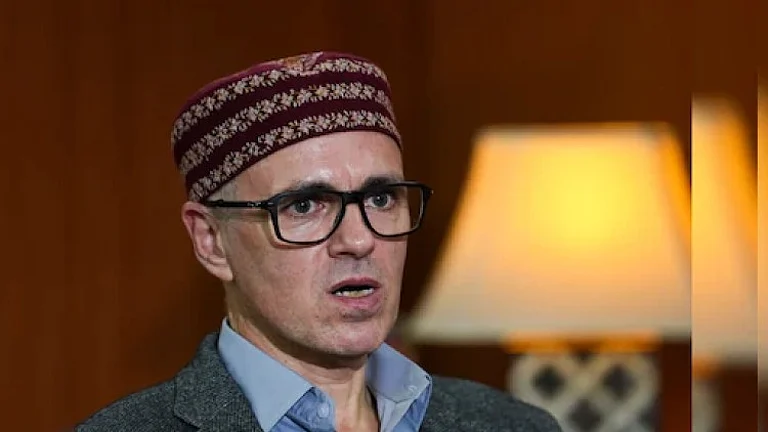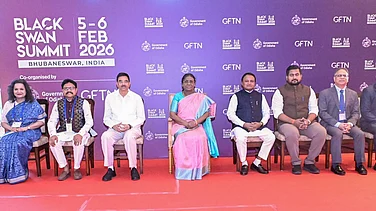The unseasonal rainfall has put a brake on the sales of residential air conditioners, which had started to pick up early this year from mid-February as the temperature was rising. Now, in the second half of March, sales of AC have been impacted, however, makers see it as a "temporary phenomenon" and are hopeful of reaching their targets from April onwards when heat waves would start.
Overall the AC industry, which had record sales of around 8.25 million units in 2022, expects to continue its double-digit growth journey this season also led by the prediction of harsh temperature and an elongated summer season. Panasonic Life Solutions India said it has witnessed a minor drop in sales due to unseasonal rains. "However, we have a long summer ahead and we are hopeful of meeting our targets if there are not too many weather disturbances like this," Panasonic Life Solutions India Business Head - Air Conditioners Group Gaurav Sah told PTI.
When asked about the impact on sales after unseasonal rains, Daikin India Chairman & Managing Director K J Jawa said: "There may be a dip in sentiments for 5-6 days. This is temporary." "It does not make much difference. The market is bullish with lots of pent-up demand. The market is to grow over 20 per cent this year," he added. Daikin is expecting 30 per cent volume growth this season. In the month of January and February, the primary sales was "quite heavy" this year as retailers stocked up their inventories.
Haier Appliances India President Satish NS said this sudden drop in temperature has given them ample time to align their strategic approaches."We expect the weather to clear up in the next few weeks and see a rising demand in the AC and refrigerator segment soon, making indoor and household cooling systems an absolute necessity," he said. The market trends predict growth of over 30-40 per cent this year and Haier is determined to achieve growth in the AC and refrigerator segment, Satish said.
Consumer Electronics and Appliances Manufacturers Association (CEAMA) said there is a blip in the secondary sale but added it is a "temporary phenomenon.""Yes, there is a blip in the secondary sale. This is for a short term," said CEAMA President Eric Braganza, adding, "We are going to have an intense summer in May. All reports have indications towards that. Further, he said: "I am pretty sure that after next week, the temperature will start rising and sales will start again. Unless and until there is a severe disruption in April, we do not see any major concerns."
Voltas said the industry has witnessed sporadic rain in some parts of the country during the third week of March. "While it is too early to predict the impact on the overall summer sales that typically extend up to June and July in many parts of the country, we believe the demand for cooling products will stay intact," said Voltas spokesperson.
Cooling products need to be stocked in advance by channel partners, so that they can quickly leverage the opportunities created by sudden heat waves, said the Tata Group firm."We expect a lot of impulsive purchases by end-users during the future course of the summer and hence it is important to keep the channel and supply chain active throughout the summer," he said. According to reports, these unseasonal rains have also damaged the standing crop, which may increase the prices of some of the commodities. This may reduce the disposable surplus in the hands of the farmers, increasing worries about rural spending. It may have some impact on the sales of entry-level compressor-based products, which are sold in those semi-urban/rural markets.


























.jpg?w=200&auto=format%2Ccompress&fit=max)




